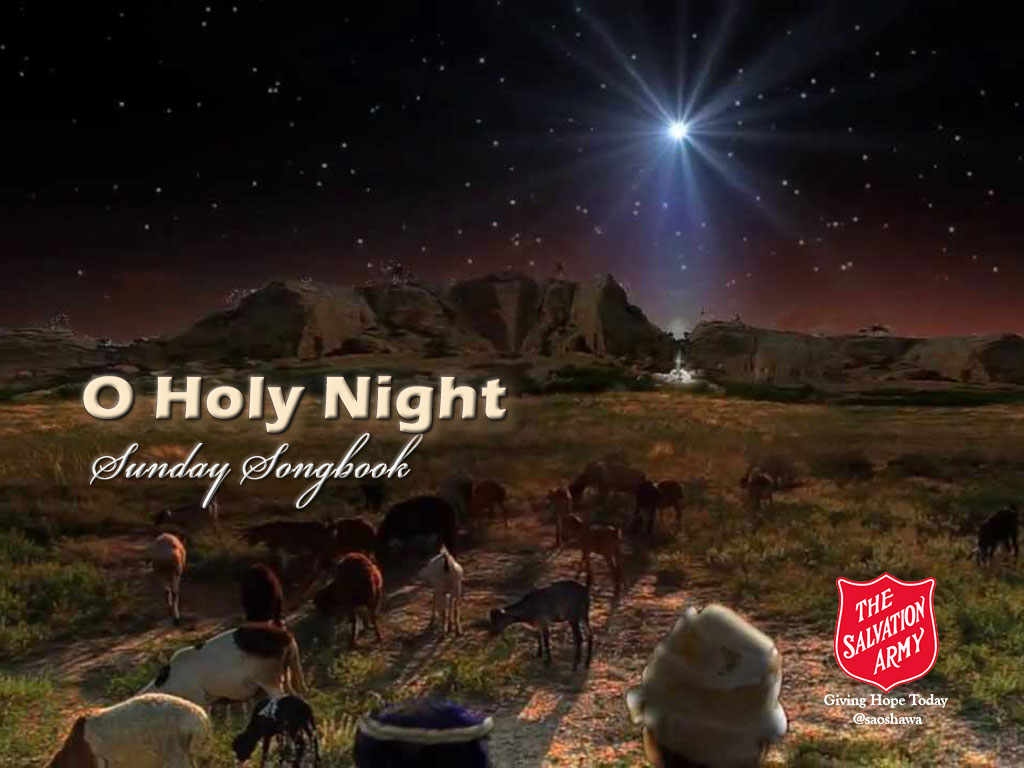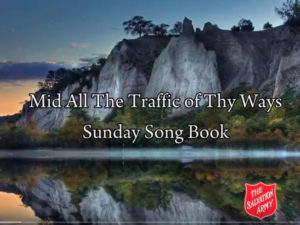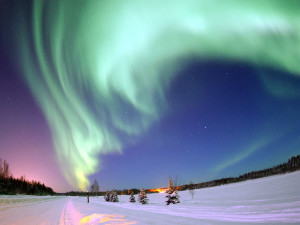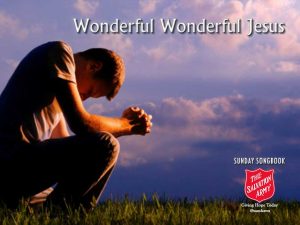O holy night, the stars are brightly shining;
It is the night of the dear Saviour’s birth.
Long lay the world in sin and error pining,
Till He appeared and the soul felt its worth.
A thrill of hope – the weary world rejoices,
For yonder breaks a new and glorious morn!
Fall on your knees;
Oh, hear the angel voices!
O night divine, O night when Christ was born!
O night, O holy night, O night divine!
Truly He taught us to love one another;
His law is love and His Gospel is peace.
Chains shall He break, for the slave is our brother,
And in His name all oppression shall cease.
Sweet hymns of joy in grateful chorus raise we;
Let all within us praise His holy name.
Christ is the Lord!
Oh, praise His name forever!
His power and glory evermore proclaim!
His power and glory evermore proclaim!
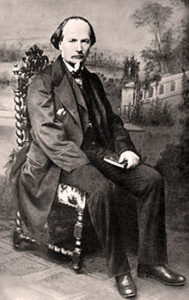 Who would expect this beautiful Christmas hymn of adoration and peace to have given rise to controversy in the 19th century church? First written in French as a poem by Placide Cappeau, it was meant to be read at Christmas Eve mass in the town of Roquemore, France. Soon after completing the poem, Cappeau, at one time the town’s mayor, went to Paris on business. There he met a well-known musician, Adolphe Charles Adam, and asked him if he could write music for the poem. This was done and the hymn was performed on Christmas Eve, 1847, as planned. The song was very well received, and its popularity spread around France. Church officials, however, began to show displeasure, saying it lacked musical taste and was not in the spirit of religion. Soon people discovered that it was not the hymn that disturbed the officials, but the lifestyles of the writers. What were those lifestyles? Cappeau was a wine merchant by trade and an outspoken social critic who, as the song suggests, was opposed to slavery and injustice. Although he attended church, he called himself a non-Christian. Adam was Jewish, and church leaders thought his ballet and opera compositions were not compatible with Christian hymns. The leaders’ ulterior motives were exposed, however, and the hymn continued to grow in popularity, eventually being translated into
Who would expect this beautiful Christmas hymn of adoration and peace to have given rise to controversy in the 19th century church? First written in French as a poem by Placide Cappeau, it was meant to be read at Christmas Eve mass in the town of Roquemore, France. Soon after completing the poem, Cappeau, at one time the town’s mayor, went to Paris on business. There he met a well-known musician, Adolphe Charles Adam, and asked him if he could write music for the poem. This was done and the hymn was performed on Christmas Eve, 1847, as planned. The song was very well received, and its popularity spread around France. Church officials, however, began to show displeasure, saying it lacked musical taste and was not in the spirit of religion. Soon people discovered that it was not the hymn that disturbed the officials, but the lifestyles of the writers. What were those lifestyles? Cappeau was a wine merchant by trade and an outspoken social critic who, as the song suggests, was opposed to slavery and injustice. Although he attended church, he called himself a non-Christian. Adam was Jewish, and church leaders thought his ballet and opera compositions were not compatible with Christian hymns. The leaders’ ulterior motives were exposed, however, and the hymn continued to grow in popularity, eventually being translated into 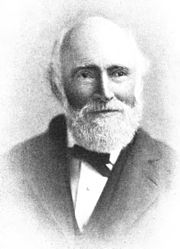 English by John Sullivan Dwight, an American. Whether or not the hymn had an influence, slavery was abolished in France in 1848 – one year after O Holy Night was first sung.
English by John Sullivan Dwight, an American. Whether or not the hymn had an influence, slavery was abolished in France in 1848 – one year after O Holy Night was first sung.
This is a difficult song for a congregation to sing, and it is generally left to soloists to do it justice. Perhaps that is why it is not included in the Salvation Army Song Book, yet it is well-known and appreciated in our Christmas services.
WORDS: PLACIDE CAPPEAU; JOHN SULLIVAN DWIGHT; MUSIC: ADOLPHE CHARLES ADAM
REFERENCE: HOWES, IAN, CELEBRATION MORNING
Set to scenes from The Nativity Story… O Holy Night – by Josh Groban.

O Holy Night : Kings College, Cambridge

